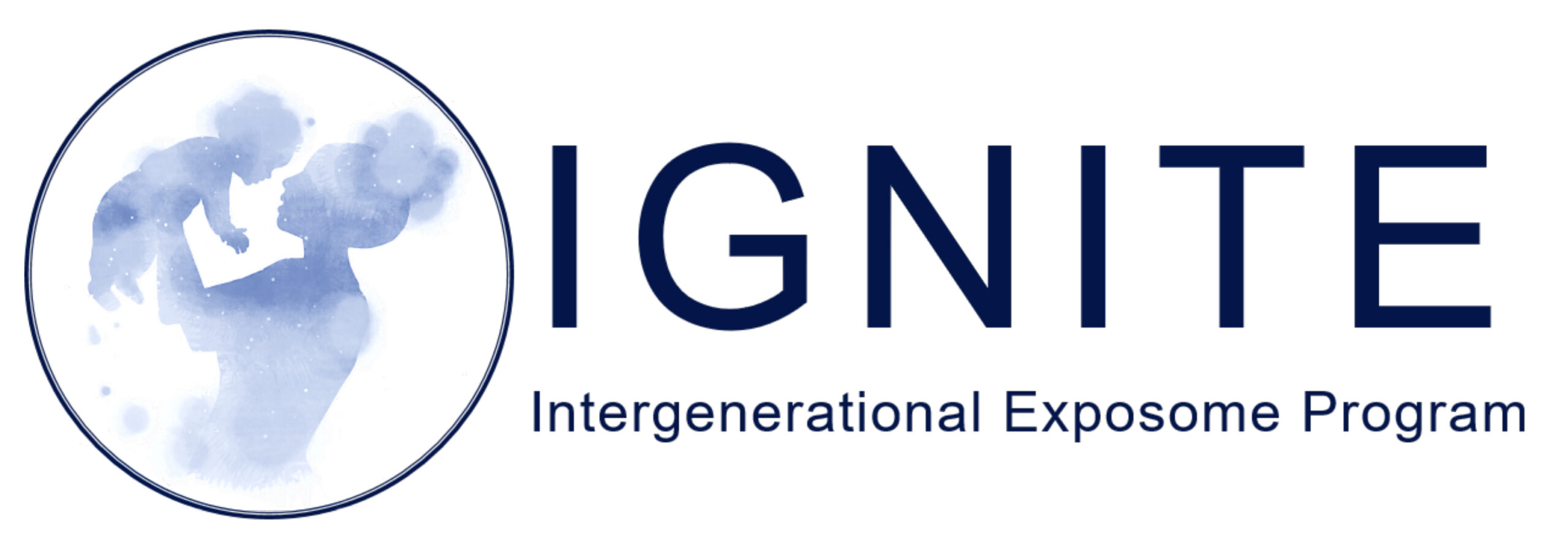-
Exposome
-
Preeclampsia
-
Weight changes
-
Environmental exposures
-
4th trimester health
-
Breast feeding
-
Mental well being
-
CV risk
-
Mental health
-
Cardiovascular health
Interventions; Implementation, Innovation.

Transgenerational Research
We seek to understand how prenatal environmental exposures drive childhood neurodevelopment by addressing a critical knowledge gap on how maternal biology and exposures affect fetal and child development over the first 3 years, and consequently the lifespan. We will prospectively follow a large, ethinically diverse cohort of pregnant women and conduct deep phenotyping on neuropsychiatric and exposome, obtain maternal gut microbiome and functional immunity measures, intensively following offspring of mothers at exposome high risk, as well as the remaining children at age 3. This unique design for pursuing exposomic-phenotypic maternal-child links will create the knowledge base that will inform individualized effective prevention and early intervention efforts to address neurodevelopmental disorders.
The maternal environment (exposome) undoubtedly impacts fetal and neonatal development in various domains (e.g. neurological, immunological). Yet, the impact of the maternal exposome on long term child health remains poorly understood. Our research goal is to understand and capture the maternal exposome through a team science approach, rigorous and prospective phenotyping with specific biospecimen collections.
IGNITE Program is a collaboration with LIBI:
Welcome to Lifespan Brain Institute | Lifespan Brain Institute (chop.edu)



